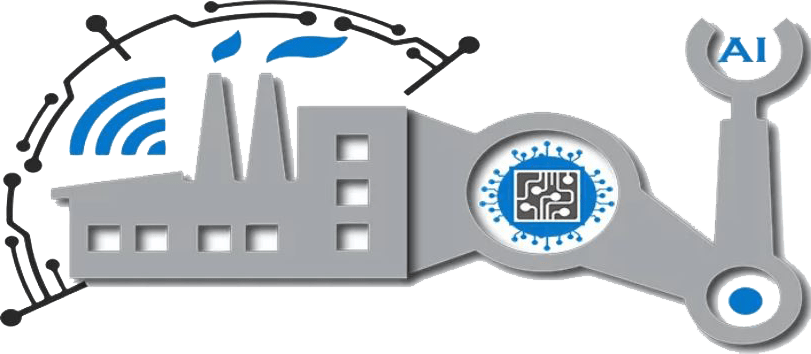Transforming Urban Landscapes: The Synergy of Smart Cities and AI Applications
Abstract:
The concept of Smart Cities has emerged as a response to the escalating challenges posed by rapid urbanization. Integrating Artificial Intelligence (AI) applications into the fabric of urban infrastructure holds the key to unlocking unprecedented efficiencies and sustainability. This paper explores the symbiotic relationship between Smart Cities and AI, examining the transformative potential, challenges, and future implications.
1. Introduction:
Urbanization trends have led to the rise of Smart Cities, characterized by the integration of advanced technologies to enhance the quality of life for citizens. At the heart of this transformation lies the deployment of AI applications, revolutionizing various aspects of urban governance, infrastructure, and services.
2. AI Applications in Smart Cities:
a. Smart Infrastructure: AI plays a crucial role in optimizing infrastructure management, from traffic flow and waste management to energy distribution. Predictive analytics and real-time data processing enhance decision-making for urban planners.
b. Public Safety and Security: AI-powered surveillance systems, facial recognition, and predictive policing contribute to enhanced public safety. Real-time threat detection and response mechanisms mitigate risks and bolster urban security.
c. Transportation and Mobility: AI algorithms facilitate intelligent transportation systems, optimizing traffic flow, predicting congestion, and promoting sustainable mobility solutions. Autonomous vehicles and smart traffic management redefine urban commuting.
3. Challenges and Considerations:
a. Data Privacy and Ethics: The integration of AI in Smart Cities raises concerns about data privacy and ethical considerations. Striking a balance between innovation and safeguarding individual rights becomes a paramount challenge.
b. Infrastructure Integration: Implementing AI technologies requires robust infrastructure. Retrofitting existing urban infrastructure to accommodate AI applications poses logistical and financial challenges.
4. Future Implications:
The fusion of Smart Cities and AI heralds a future where urban centers are not only intelligent but also responsive and sustainable. Improved resource management, energy efficiency, and citizen engagement contribute to the creation of resilient and adaptable urban ecosystems.
5. Citizen-Centric Smart Cities:
a. Inclusive Governance: AI facilitates data-driven decision-making, fostering more inclusive governance. Citizen participation and feedback mechanisms are integral to shaping policies that align with community needs.
b. Quality of Life Enhancement: Smart Cities leverage AI to enhance the overall quality of life, from healthcare services and education to environmental sustainability. Citizen well-being becomes a central focus of urban development.
The integration of AI applications in Smart Cities represents a paradigm shift in urban development. As cities become more connected and intelligent, the synergy between technology and urban planning holds the promise of creating sustainable, resilient, and citizen-centric environments that adapt to the evolving needs of the modern world.
